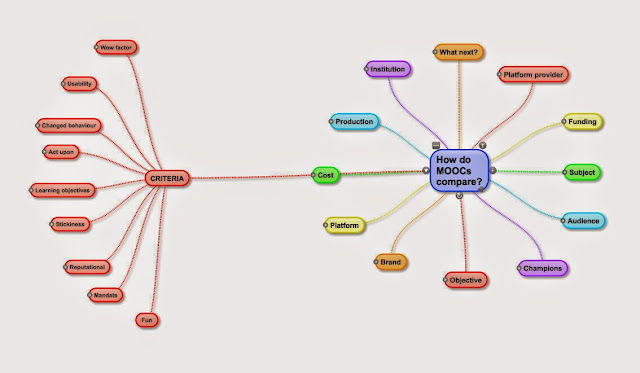Fig.1 Unexpanded mindmap using 'SimpleMinds' on 'How do MOOCs compare'.
There are tens of thousands of Massive Open Online Courses available. Their proliferation increasingly requires some means to differentiate types, to standards, and by review. Undoubtedly branding will have a role to play: it being easier to choose because the subject is delivered on a known and trusted platform, such as Coursera, Udemy or FutureLearn.
What are they brands though? Like a well-known publisher such as Dorling-Kindersely? Or a brand of cornflakes? Courses are often the product of a specific university, but does this help when a course will vary also by faculty, and in particular by the role and lead taken by a subject matter expert.
The variables are considerable.
There are a couple of review sites which aggregate MOOC lists, such as MOOC List and CourseTalk. These, like reviews on Amazon, rely upon participants of a course to come in a post. I think of it as the TripAdvisor for e-learning. How reliable are these? It'll take years to bed in and impact on the product.
Meanwhile, as I still do several MOOCs in parallel I am trying to think about the kind of criteria:
- The Platform Provider
- Funding
- The Subject
- Audience
- Champions
- Objective
- Brand
- Platform (Technical features)
- Cost
- Production
- Institution
- What next?
1. The Platform Provider
There are too many for one person to consider. And ample complexity requiring parameters. Some are not, or are no longer Massive and Open because they are closed, exclusive and paid for. Udemy has many thousands of short courses online, all with a price for participation, self-paced and lacking a sizable cohort to generate valuable 'connectedness' and 'collaboration', both important, identified theories of learning that have a significant part to play in e-learning. Funded by venture capital Udemy needs cash flow. EdX comes from Ivy League US universities Harvard, MIT and Berkeley offering undergraduate and postgraduate level, term long courses at a demanding academic level. They have no UK equivalent: neither Oxford or Cambridge have come on board. Although Edinburgh is on both EdX and FutureLearn. Whereas LSE and a few other top UK players are yet to have a presence. FutureLearn is a new, though rapidly expanding player: a wholly owned subsidiary of the Open University with partner institutions from around the globe, typically the UK and Commonwealth Countries, though with three partners from China too. It is the platform I am most familiar with having complete six MOOCs with another four on the boil. They make it look easy and I love learning in conversation with others. The Khan Academy is aimed at schools, while the likes of TED lectures, iTunesU and podcasts are all lectures online in one form or another, rather than complete courses with clear steps towards achieving specific learning objectives.
I am attempting to compare platforms, approaches and institutions by comparing delivery of MOOCs on Climate Change. There are probably a dozen, all variations on a theme, though the science shouldn't be different, even if the delivery is. They are: Exeter on FutureLearn, Melbourne, San Diego, Penn and British Columbia. I studied geography as an undergraduate so feel better able to form a judgment.
2. Funding
Funding is complex, but it matters because 'he who pays the piper, plays the tune.' Largely funded by VC money the US MOOC providers are pressured to take fees, seek donations and sell certificates and other services. To a Brit used to the BBC anything with advertising in it, especially in relation to learning, smells of hogwash. On the other hand, branding and open sponsorship may be a necessary way forward. Even Wikipedia cannot do it for free. Once again, my knowledge is in the first instance at first hand as a 'participant' who has studied 'at a distance' with the Open University and paid for it, who has taken courses as CPD the traditional way at evening and weekend workshops, though also online by subscription. I have even paid heftily for a formal assessment which gained me a distinction and 10 credits towards a university degree.
There is no 'free' learning: it is financed somehow. Learning takes time and therefore to plan, produce, put online and support. Even where the cost is carried internally as the learning is seen to have promotional or reputational value, it is coming from someone's budget. The relationship between the OU and the BBC, and the BBC and other British institutions is an interesting one as the assets the BBC creates by definition are owned by the tax payer so should UK citizens pay twice for something they have already paid for? The BBC though, like many others, create and provide content for use in learning under a Creative Commons licence.
Funding, in tertiary education, comes from many sources, not least government subsidy, grants for research and sponsorship. Creation of Open Learning meets criteria, especially in relation to research, to publicise and share research findings. The dry academic paper is being superseded by, or at least complemented by, online offerings: a podcast at least an Open Educational Resource (OER) at best.
3.The Subject
Who decides on the subjects to 'publish' as a MOOC? Publishers and broadcasters make choices for commercial reasons, often based on perceptions or demands of the audience. Are MOOCs create in response to student and participant needs and demands, or the product of individuals and faculties simply wishing to 'give it a go' or develop and share their pet subject with others. Is everything suitable for a MOOC? Is the subject, title and delivery considered in the kind of editorial committee that exist in TV, Radio or Print ... or is to more piecemeal and fragmented? Individuals and departments in universities traditionally operate in silos, indeed, many chose to be in academia, especially research, in order to focus on their niche interest without undue disturbance or interaction. I can see MOOCs that are championed by an individual, by a faculty and by a university. Inevitably some will be less well received than others. In all media there are hits and misses. Understanding what works, and what does not, is fascinating. Often it is like wondering why, in a small French town, one restaurant is packed, while the others are quiet. Though they are yet to produce them, I would expect and hope for MOOCs on art from St.Martins, MOOCs on sport from Loughborough. I would expect to see a MOOC on the First World War from Niel Ferguson. Why has a world leader, such as the Oxford School of Geography and the Environment, a no.1. faculty in the no.1. university thus far stayed away from MOOCs? They have podcast. They're on iTunesU. They stream some lectures and seminars. The next step is not so great. Or is it a case of a cautious institution taking careful note of research done on MOOCs. They are no panacea and maybe the step towards something that will have a better fit: exclusive, income generating ...
4. The Audience
I resist calling those who do MOOCs students because their profile and behaviour of those I have done and studied is not of students, whether from school, at university or postgraduate. They are older, but not 'adult learners', far from needing the education, many have a Masters degree ... it is telling that discussions are anything but deferential towards the 'young' professors and even younger PhD students who present and moderate many of these MOOCs. Often the MOOC participant, who form the kind of TV audience that sits forward and interacts, is an MA student of the subject who may have ten or twenty years applied experience of the subject in business, government or teaching. For example, the MOOCs I am looking at on Climate Change always have vocal participants who have considerable experience 'in the field' for environmental agencies or oil companies. The academics are put on the spot, always rise to the occasion, and will surely learn from the experience as much as we 'students' do. Where therefore diversity and access? As TV producers know how in a digital world to cater for audiences of different ages and interests, so educators creating MOOCs will need increasingly to engage media professionals who know better how to target, appeal to and retain specific audiences. Whilst those creating MOOCs may wish to attract potential students to their undergraduate courses, I suspect that it is at best the teachers of such students, rather than A'level students who are getting involved.
5. Champions
Reputations of innovators in e-learning and whose talks go viral in a TED lecture become champions of online learning. Some become a brand that tens of thousands turn to. As free courses proliferate the bluntest and most effective branding is to have a champion, the educator at celebrity. We know that those with a TV profile with a following already will attract the most interest. In TV, even in corporate learning and development, the appeal of the broadcaster or presenter speaking on behalf of the educators is common place. Not all educators are broadcasters. It matters to have someone champion the course. If you want to study, for example 'Climate Change' and can choose between a dozen providers of a MOOC, who do you go with?
6. Objective
In formal learning objectives are the goal on which the learning is designed and assessments are undertaken. You are tested on what you are taught, and if you can prove that you have learnt what the material teachers you gain a grade of some kind. This in turn goes towards a qualification, or transferable credits towards a degree or diploma. This may appear clear, but there are other objectives at play: attracting students, even dissuading them if places are hugely oversubscribed. There are obligations to publish research. There are desires to join the 'e-learning race' and gain insights through doing even if it is not yet fully understood where the movement is headed. What does the course provider want from a MOOC? More students? Establishing or developing the reputation of an educator or department? Competing with others who are 'up there'? Because they have the funding? Vanity? Not to miss out?
7. Branding
The digital world is a free for all. It is competitive. Whatever you can imagine, someone is doing it. I was staggered to learn that the MOOC providers couldn't be named on the fingers of one hand. I think there are over 50 if you're counting and include various hybrids and anomalies. Many, many more if you venture into MOOCs that are not massive, or open ... say content created for internal use across a huge multinational. Sometimes these commercial sites and platforms are the most innovative, and of course, the best funded, for example, in supporting training in investment banking for brokers. Virgin produces e-learning for internal use - it is surely a natural step to create something open and online? The OU, with the BBC and at arms length FutureLearn makes a compelling, reputational sound brand. If anyone knows how to create e-learning that is attractive, appealing and of value this is the team. There are cultural differences though with MOOCs out of North America looking more like a multi-media version of Scientific American to the FutureLearn MOOC that is 'Look and Learn' - fun and accessible.
8. Technical aspects of the platform
My expertise does not lie in picking apart and comparing the underlying technologies that support the different platforms. I can however relate to the discussions that have, for example, explained Facebook's success compared to MySpace ... that there were, or still are, underlying technical problems on MySpace that prevented its becoming as attractive as Facebook. I have taken and followed learning online since 2000 - joining the MA in Open and Distance Learning (MAODL) in 2001 while creating online learning through a web agency for commercial, broadcast and government clients. Our understand and aspirations for what was needed or could be achieved fell short of what bandwidths and the technology then could deliver, even if we spoke about 'stickiness', collaboration, likeminds and fun.
9.Cost
The OU boasts that a multi-million BBC production such as 'The Blue Planet' is the kind of visual extravaganza it can now incorporate into, or complement with distance and online learning, a far cry from the black and white hippy in sandals presenting in front of a whiteboard as lampooned by Smith and Jones in the 1980s. It isn't as simple as saying costs, like those in the movie business, are divided between creation and distribution, though it is a useful starting point. In this instance the means of distribution is an interactive platform, that has certain affordances because of its underlying architecture and the skills, direction and motivation of the programmers. The content that is made available for, or put into this environment will vary widely based on the experience of the educators, the team they have around them, and how this is structured and led. In TV and print, a producer or publisher is the lead, or chair of such a group ... not the 'creative' whereas in academia the academic invariably feels they are the lead and should instigate decisions, sometimes without acknowledging that they have no expertise in 'external communications' or the platforms and approaches they want to adopt. Money is not set aside to use an external producer or production team, with sometimes, the results being self evident. Fine, perhaps, in a former age, for an internal audience of undergraduate students, but no longer adequate for a far more demanding open audience.
10. Production
Multimedia, which is what this is, draws on expertise that is a combination of skills that in the past would have been more easily denoted as radio, conference, print and TV. Production values and experience in all of these is required when creating online content because decisions should be taken in the context of the learning materials as to what will work best at different times, for different kinds of content. Also recognising the need for varieties of approach and making these appropriate. I have taken, or tried to take, modules that are back to back presenter to camera, as if listening and note taking for many hours is an adequate or doable learning process. On the other hand, I have been engrossed by an entirely 'gamified' Rosetta Stone as an iPad App - rich, complex, repetitive and at times tiresome, but effective as a language learning experience. Not all, or rather few educators, are natural broadcasters. Accepting their strengths in front of a lectern and not taking them out to walk and talk or present on location unless they can clearly do it, requires production skills. There is a language for conducting interviews using a single camera, and for recording multi-camera seminars. If the technician who sets up the kit has no understanding either of framing, or of editing, the result, however good the lighting and sound, will jar. These are all production values that need have to be bought in, or developed to a suitable standard inhouse. Audiences have expectations of certain practices across the media types. Poor practice in use of PowerPoint, for example, is not simply distracting ... people will quit a course on a whim.
11. Institution
Increasingly leading players in many fields are coming to see that to offer open learning online is a natural progression from things they have already been doing for a decade: putting content online in websites. delivering short courses face to face, even recording podcasts for release as audio or video. There is less mystery behind how to create content and less need for owning and financing the platform. What we are seeing today, is the same transition that occurred as blogs migrated from do-it-yourself coded webpages in 1999/2000 through the first readymade platforms such as Diaryland and LiveJournal, to the 'off the shelf' ease and sophistication of WordPress. Indeed, for MOOCs, the commercial platform Udemy is offering a platform to commercial players.
Institutionally could early adopters trump the laggards? Might the likes of Phoenix and its global reach of associated universities trump traditional hubs of learning like Oxford and Cambridge which are currently proving reticent to engage? Or will inertia, reputation, funding, research and expertise see them grow into e-learning and their substantial foundations?
Whilst it may appear that the Open University was made for the digital age, can a UK institution be a global player? What happens when an Oxford or a Cambridge can do what the OU does? Or don't they ever want to? Over the last 35 years the percentage of students at Oxford from private schools has shifted from 72/28 to 48/52 .... still not representative of the national split, but moving with determination to being accessible and diverse. Ironic then that staying out of online learning is perceived as necessary to preserve their tradition of tutorial based learning that by its very nature can only be elitist and exclusive.
12. What next?
This is the hardest question and the one everyone wants an answer to. My guess is better than many another's because I've been riding this wave for several decades through linear video-based learning, to interactive and then online. Thanks to the OU over the last five years I now have the language to explain what has gone on and so make a reasonable stab at what comes next. There are several learning theories that can explain the way we learn, but only a few that describe learning approaches that are suited to the online experience: connected and collaborative learning are what makes MOOCs work. Although there are platforms too, such as QStream and Rosetta Stone that are in effect old-fashioned learning by rote or immersion with repetition constructing meaning. There are subjects, such as medicine and languages, which are suited to this approach. There will be increased fragmentation. We are, if you like, where the printed book was five hundred years ago. The book had yet to develop into multiple printed forms from the novel to the pop-up book (!) or diversify across every subject. Though change is far swifter, the variety of forms, by audience, by subject, by approach and duration is yet to flourish into the thousands of types I can envisage until there is a plethora of MOOCs as there are, or have been, magazines in the past. Some affordances are yet to be realised: feedback into FutureLearn, by way of example, is one way to measure and act upon ideas offered 'by the crowd'. Reasoned responsiveness will see the platform they have now move in regular steps into a different, and different forms. Logic suggests, to suggest an extreme example, that the tools, approaches and affordances of a platform catering to primary school children will be different to one aimed at PhD students. On the other hand, both of these groups find something on TV. With the exception of Ragdoll's 'In the night garden' which is loved by infants and PhD students in equal measure 
There will be unforeseen consequences. Will 'leasure learners', a stalwart of the OU migrate to MOOCs where there are no fees, just as much learning and a far greater sense of community engagement? Will MOOCs, as the OU does with an MAODE module, be something that runs in parallel with a formal module. In this instance students in the closed learning MAODE being joined by an open MOOC audience for a period of months. I can envisage an enlightened educator using his/her MOOC to support self-directed learning online, while also acting as the backbone for a formally taught series of classes where they use the readily package content of the MOOC to support their delivery.
Those who want and need the kind of learning the MOOCs offered do not make up the bulk of the audience. How will those young people coming out of higher education who crave a university degree learn at this level when they don't have the funds to attend in person? How, when it comes to assessment, can they afford what remains an expensive process - sitting an exam or submitting a paper for formal scrutiny and grading under stringent criteria relating to potential plagiarism and to sustain standards?
For all their openness and credentials to support access and diversity do MOOCs simply 'preach to the converted' - refreshing an interest for those with a degree, or two, already? Where might a degree taught online be achieved instead of a set of A'Levels. Will it become normal to have more than one degree so raising the bar even higher for those who simply wish to get to first base?
Is there, as was in the earliest stage of the Internet, a language bias with most MOOCs invariably delivered in English?
What else?
Restricted access. Poor broadband. Lack of resources to run the MOOC. Lack of means, either time or money to do them.
Looking at it another, perhaps more subjective way, I'd like to know about:
- The Wow factor
- Usability
- Changed Behaviours
- Whether people act upon the learning experience
- Learning Objectives achieved or not
- Stickiness: Are people suitably engaged to stay with it and beyond?
- Reputational
- Mandate
- Fun
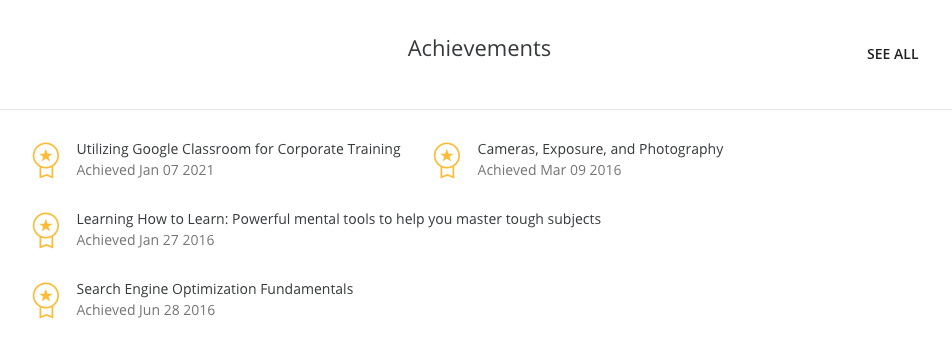

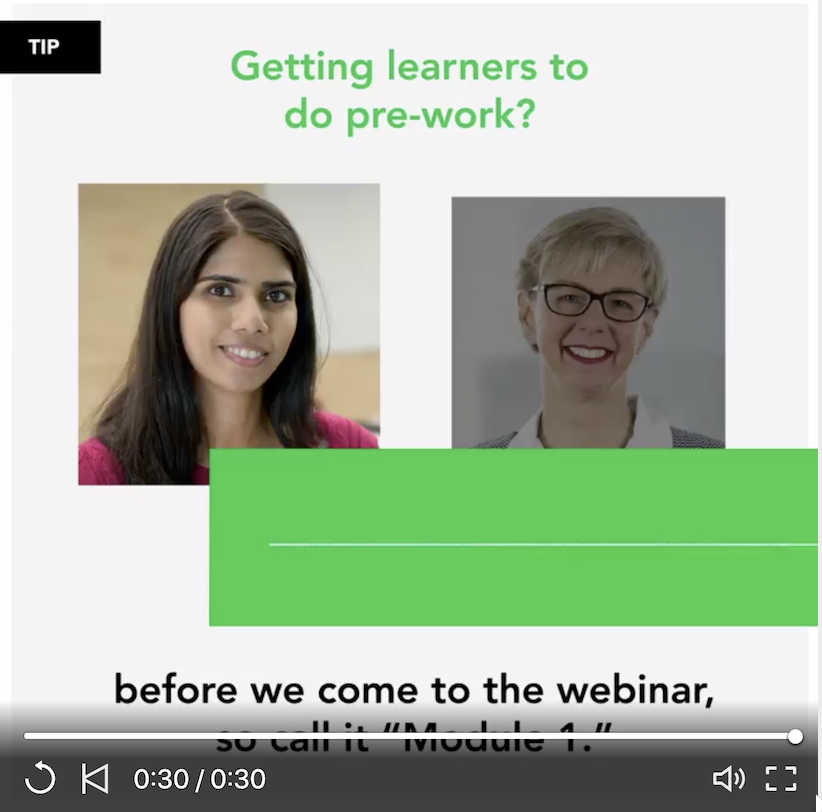
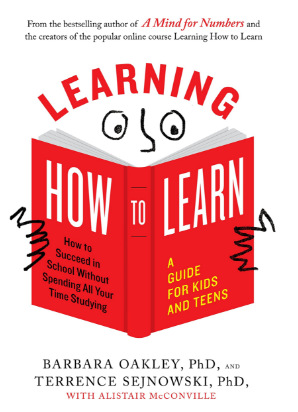

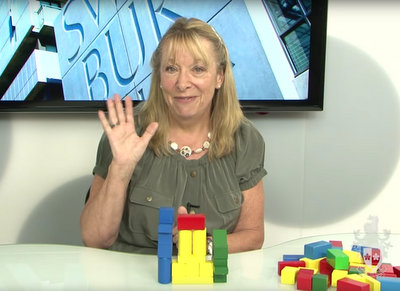


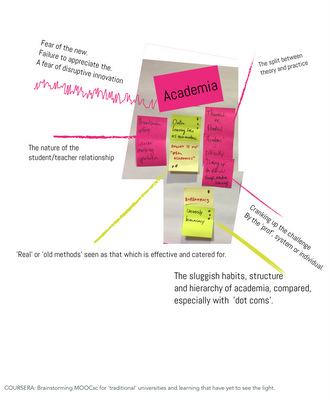 I put this question to a gathering of Coursera staff and Coursera Partners at the 5th Coursera Partners' Conference.
I put this question to a gathering of Coursera staff and Coursera Partners at the 5th Coursera Partners' Conference.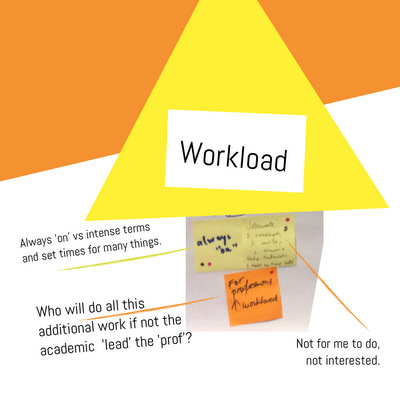
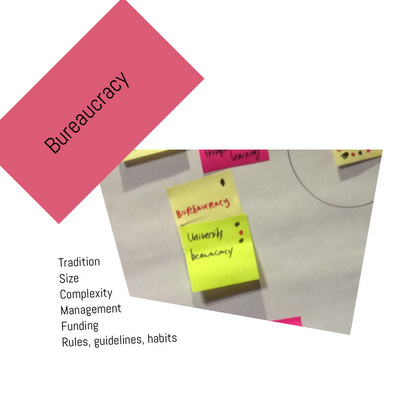
 If we think of Oxford, my alma mater was
If we think of Oxford, my alma mater was 
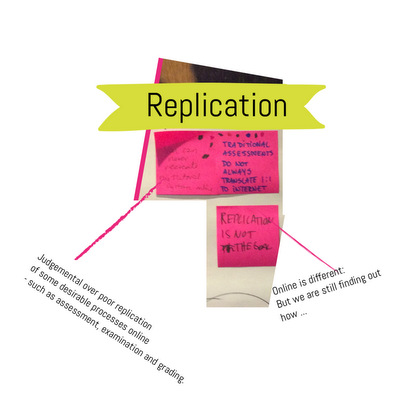

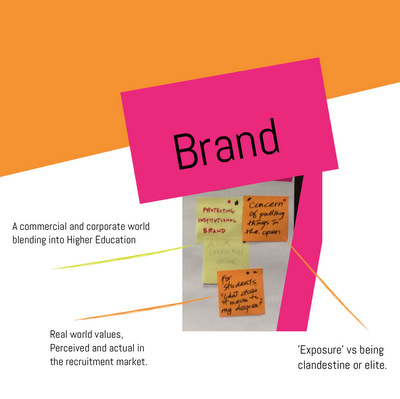
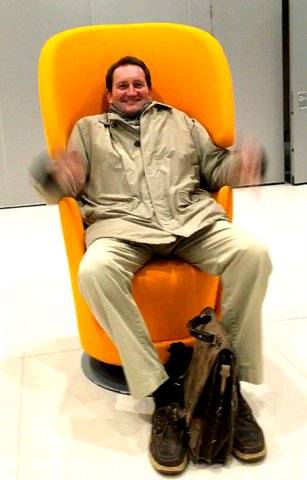 Ironically, I was taking photographs as part of another Coursera course I am doing" 'Photography: Basics and Beyond', a hobbyist one.
Ironically, I was taking photographs as part of another Coursera course I am doing" 'Photography: Basics and Beyond', a hobbyist one.